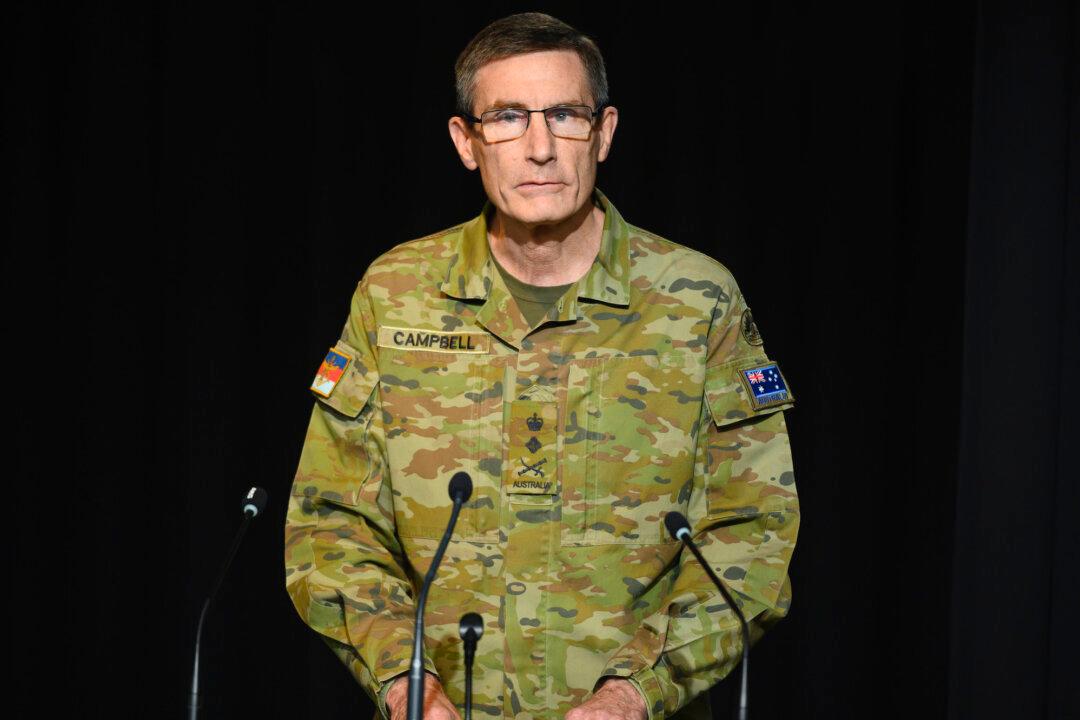Young soldiers were “blooded” by shooting prisoners, and fleeing women and children were considered legitimate targets, a damning inquiry into Australia’s Afghanistan operations has found.
A four-year investigation by Inspector-General of the Australian Defence Force, Paul Brereton, examined allegations of war crimes by special forces in Afghanistan.





